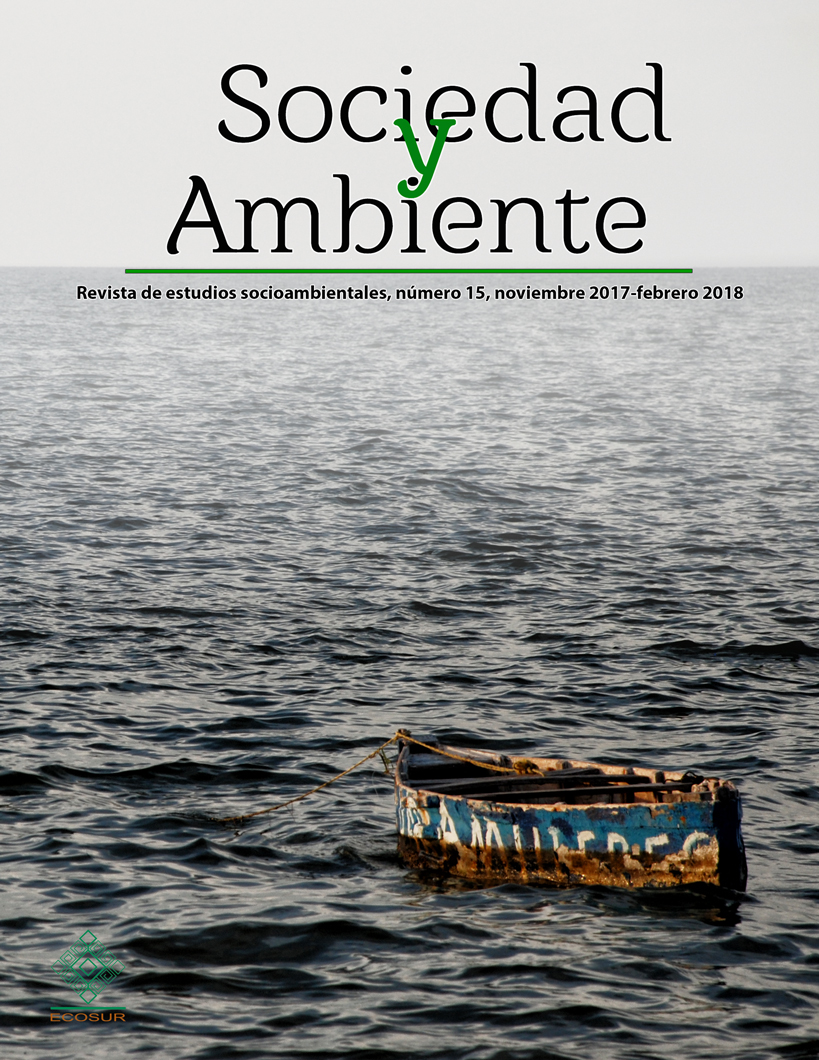Abstract
Milpa Alta has a communal forest, which provides environmental benefits for Mexico City. The purpose of this article is to describe the everyday lives, motivations, and challenges faced by women who conserve the forest as part of the pes (Payment for Environmental Services) programs in Milpa Alta. It also analyzes how gender influences decision-making regarding these programs. A feminist political ecology approach is used together with interview methods, focal group workshops, and participant observation. The results indicate that women are involved in pes programs because they consider that they have a commitment to care for the forest, in addition to the fact that this provides an opportunity to obtain an income. However, becoming involved in these programs entails a number of risks for these women and means they have no health insurance. It was also found that women do not participate fully in the pes programs in Milpa Alta. The contribution of this article is that it shows how gender exerts an influence within the pes programs. However, for future research, it would be useful to include the viewpoint of decision makers.

Sociedad y Ambiente by ECOSUR is licensed under a Creative Commons Reconocimiento-NoComercial-SinObraDerivada 2.5 México License

